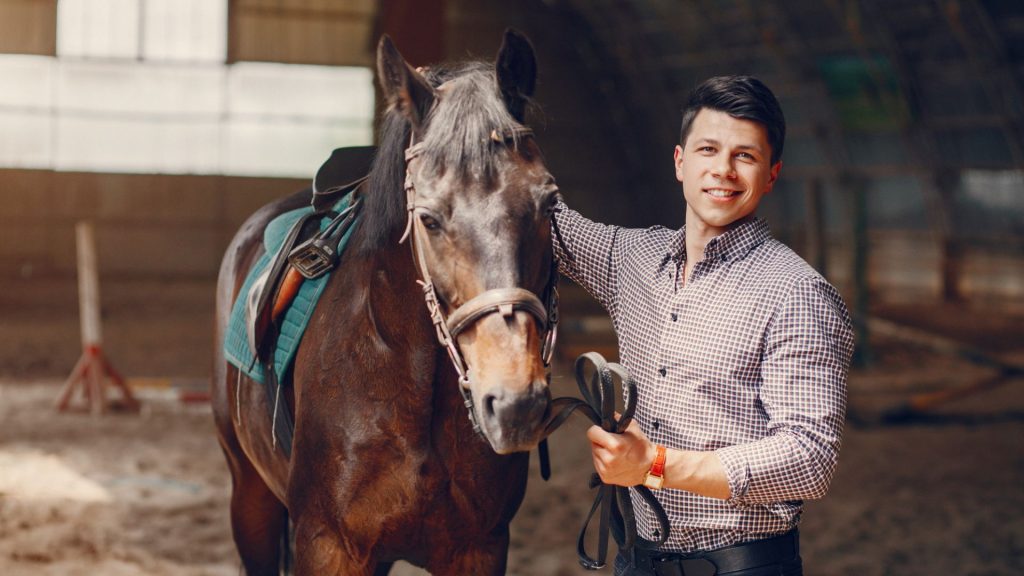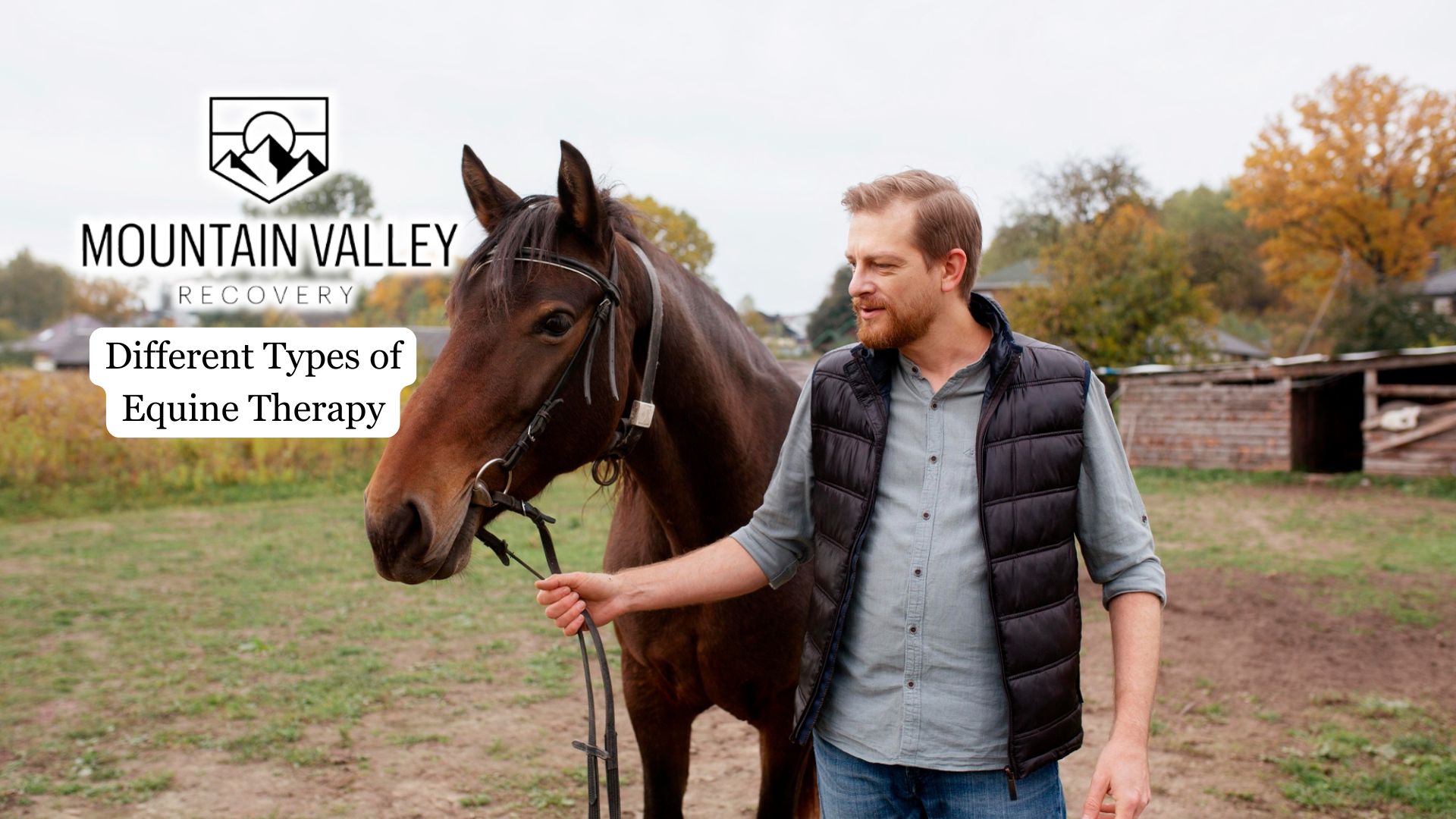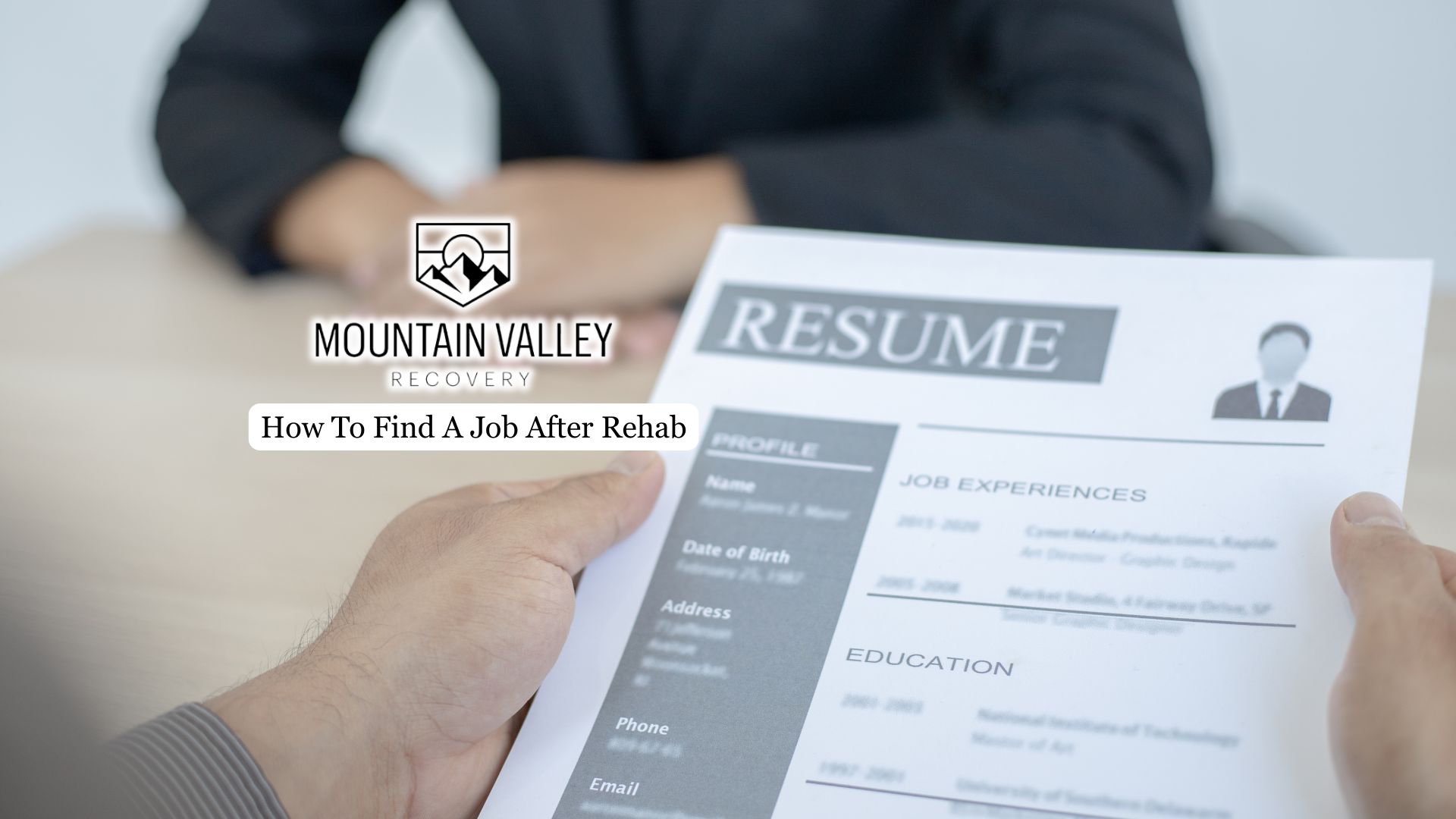Equine therapy, also known as equine-assisted therapy, has gained recognition as a transformative approach to addiction treatment and mental health improvement. This unique form of therapy leverages the profound connection between humans and horses to facilitate emotional healing, enhance self-awareness, and promote personal growth.
In this article, we will delve into the various types of equine therapy, highlighting their unique benefits and applications for individuals seeking healing and growth through their interactions with horses.
Therapeutic Horseback Riding
Therapeutic horseback riding is an adaptive approach that harnesses the rhythmic movement of horses to improve balance, coordination, posture, and muscle tone in individuals with physical disabilities. The horse’s gait mimics the human walking motion, providing therapeutic benefits.
You’ll find that therapeutic riding is suitable for a wide range of people, from children with conditions like cerebral palsy, Down syndrome, or autism, to adults recovering from traumatic experiences.
Sessions are led by certified instructors who collaborate with a licensed therapist to create personalized treatment plans and ensure participant safety.
Through regular interaction and bonding with horses, you can experience improved emotional well-being and increased self-esteem. The supportive environment fosters social skill development as well.
If you’re looking for rehabs that offer professional Equine-Assisted Therapy, then check out our programs at Mountain Valley Recovery where men can overcome their addiction issues while engaging in recreational activities, trade learning and hard work on our ranch.
Hippotherapy
Hippotherapy is a unique approach that harnesses the horse’s movement to enhance physical, occupational, or speech therapy outcomes.
Licensed therapists administer hippotherapy, integrating horse movements to improve motor skills, sensory processing, and overall neurological function. If you have conditions like cerebral palsy, multiple sclerosis, or sensory processing disorders, hippotherapy can be particularly beneficial for improving posture, core stability, and physical functioning.
The rhythmic motion of horseback riding simulates human gait, making it an effective tool for developing balance, coordination, and muscle strength. During hippotherapy sessions, your therapist will tailor specific goals to your individual needs, using the horse’s movement as a dynamic form of input that engages your sensory and motor systems.
Equine-Assisted Psychotherapy
By combining traditional psychotherapy techniques with therapeutic interactions with horses, EAP provides a unique avenue for growth and healing.
You’ll work with licensed therapists specially trained in equine-assisted psychotherapy methods to ensure a safe, supportive environment throughout the therapeutic process.
Engaging in groundwork activities with horses allows you to explore personal feelings and relationships in a non-verbal way, as these intuitive animals provide immediate feedback to your emotional state. This helps foster self-awareness and emotional regulation.
EAP’s versatility makes it suitable for addressing a wide range of issues, such as anxiety, PTSD, and mood disorders, in both individual and group settings.
Check out a more thorough breakdown of equine therapy’s benefits for addiction recovery.
Equine-Facilitated Learning
Equine-Facilitated Learning (EFL) is an innovative approach that uses interactions with horses to foster social and emotional growth. It’s designed for both youth and adults, often incorporating experiential activities that encourage mindfulness and enhance cognitive functions.
The program is typically facilitated by educators, coaches, or alternative health practitioners, but it’s important to inquire about their qualifications.
EFL emphasizes transpersonal experiences, allowing participants to build resilience and healthy ego strength, particularly in at-risk youth or those seeking personal development.
Activities often involve groundwork exercises with horses, promoting teamwork and an understanding of non-verbal communication. Through these interactions, participants develop essential communication skills and learn emotional regulation techniques.

Additional Types of Equine Therapy
Interactive vaulting combines gymnastics and dance with the horse’s movement, promoting physical coordination and confidence in a fun, engaging way.
Therapeutic carriage driving allows individuals with physical disabilities to drive horse-drawn carriages, enhancing social interaction, communication skills, and offering a unique form of mobility and recreation.
Equine-assisted activities, such as grooming, stable management, and groundwork exercises, promote teamwork, responsibility, and emotional regulation.
Equine-facilitated personal development (EAPD) focuses on experiential learning through horse interactions, involving both riding and groundwork exercises to foster emotional growth, self-awareness, and effective communication skills.
These diverse equine therapy types showcase the adaptability and potential of the human-horse bond in addressing a wide range of physical, emotional, and social challenges, ultimately contributing to improved well-being and personal growth for participants.
Final Thoughts from Mountain Valley Recovery
Equine-assisted psychotherapy, therapeutic riding, and hippotherapy are powerful modalities that harness the innate sensitivity of horses to foster trust, communication, and emotional regulation. These approaches recognize the profound impact that horses can have on personal transformation and recovery. At Mountain Valley Recovery we have integrated equine therapy into our men’s rehabilitation programs which create a supportive environment where individuals can connect with these magnificent animals and embark on a journey toward healing and self-discovery.





